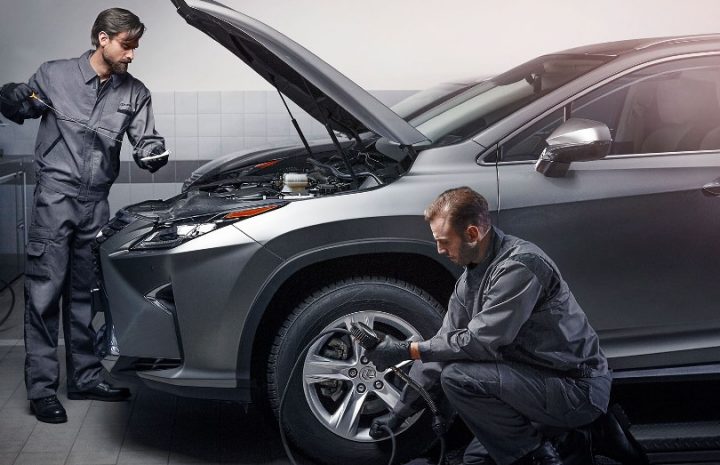Ensuring that your car runs at its best requires regular maintenance and car service. Because this kind of work happens under the hood and behind the scenes, it’s easy to overlook. Some drivers even skip necessary car service guidelines in hopes of saving a buck. Unfortunately, waiting until there is an actual issue with your car is going to cost much more in the long run, especially when it could have been prevented.
Even if you understand the value of a good tune-up, you may not be sure what’s exactly involved. While not every element of scheduled maintenance is covered under a tune-up, it’s a great place to start to ensure your baby keeps running in top-notch shape.
Keeping It General with Regular Maintenance
While most tune-ups have core similarities, they can vary a great deal based on the specific vehicle and who is performing the work. In general, a tune-up is going to replacing the critical wear-and-tear parts. These parts, when not maintained, can impact larger and more expensive components of your vehicle.
A tune-up also includes taking a look at your car’s different systems, such as the brakes, fluid levels, and more. These inspections will often catch issues before they become major problems or safety hazards.
Filters and Spark Plugs
Almost every tune-up involves replacing a variety of filters in your car, along with its spark plugs. Things like fuel filters, oil filters, air filters, and PVC valves all work to keep your engine clean. Each of these filters helps catch and block contaminating particles that can compromise your engine. After some time, these filters can become clogged, which leads to higher oil pressure or fuel pump failures. A filter that decays or ruptures can even cause leaks or damaging elements to reach your engine.
Spark plugs are small electrodes that connect to your engine. These plugs create the sparks that make an internal combustion engine work. They create tiny sparks that ignite the fuel, which is ultimately what makes your engine work. The metal that they are made up of is subject to high temperatures and lots of pressure. Replacing these can ensure you don’t experience hard starts or rough idling.
Fluid Changes with your Regular Maintenance
While most drivers should have their oil changed multiple times per year, there are other fluids that are inspected and potentially changed during a tune-up. These fluids can get dirty or even run out. Luckily, not all fluids need completely changed with every tune-up, and some simply need to be topped off.
For example, you may find that your transmission fluid gets particles in it or smells burnt; it may not lubricate your transmission the way it’s supposed to. This could call for a complete replacement. Other systems, like your washer fluid, may just need to be replenished.
Go With The Pros
While there are certainly some tune-up items that you can do at home, it’s wise to bring your vehicle into a professional shop for your car service. Skilled mechanics are trained to not only complete the tune-up tasks efficiently but also know what to look for while they’re under the hood. You may be able to recharge your AC coolant, but you could miss signs that vital AC parts are wearing out and could soon fail.
Check your car’s owner’s manual to see the specific recommendations for your vehicle. Some cars even have warning signals that alert you when it’s time to perform tasks like oil changes, tire rotations, and more. Staying on top of your used car’s service is the best way to ensure it keeps you on the road.
This post may contain affiliate links. Meaning a commission is given should you decide to make a purchase through these links, at no cost to you. All products shown are researched and tested to give an accurate review for you.

